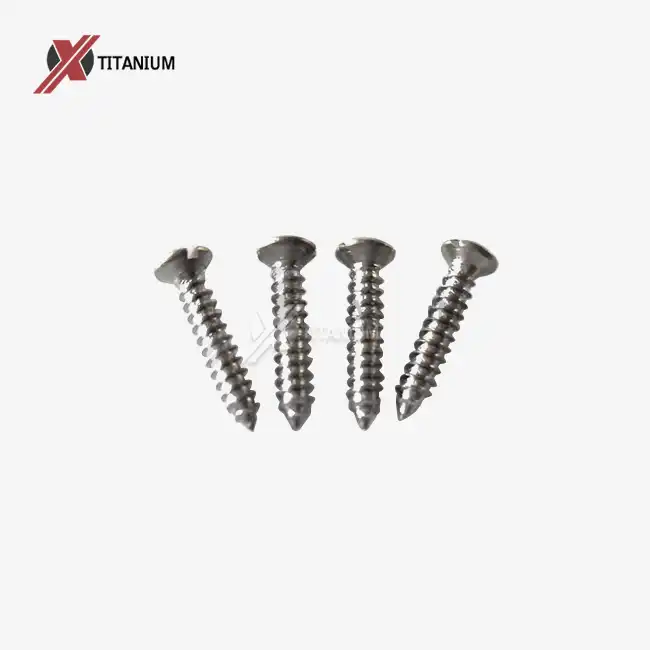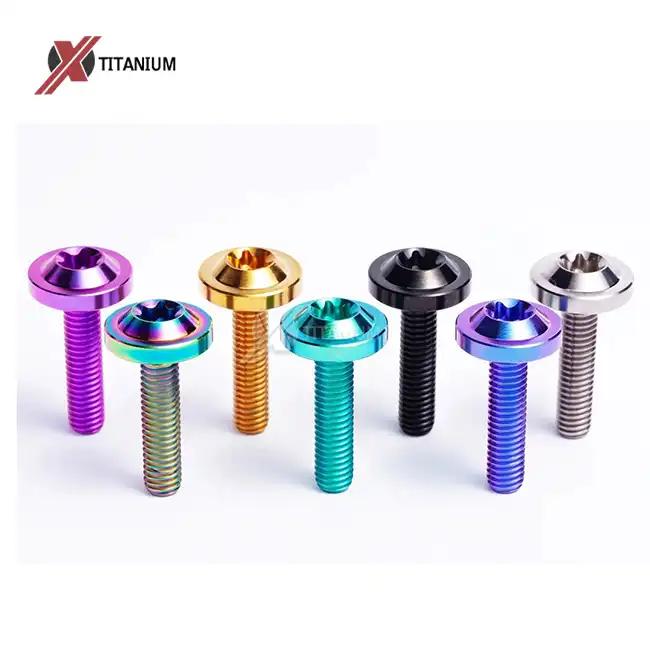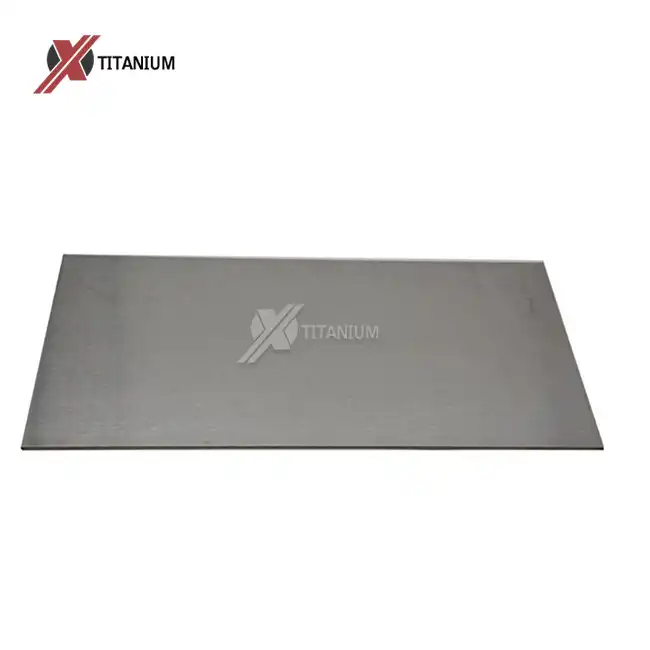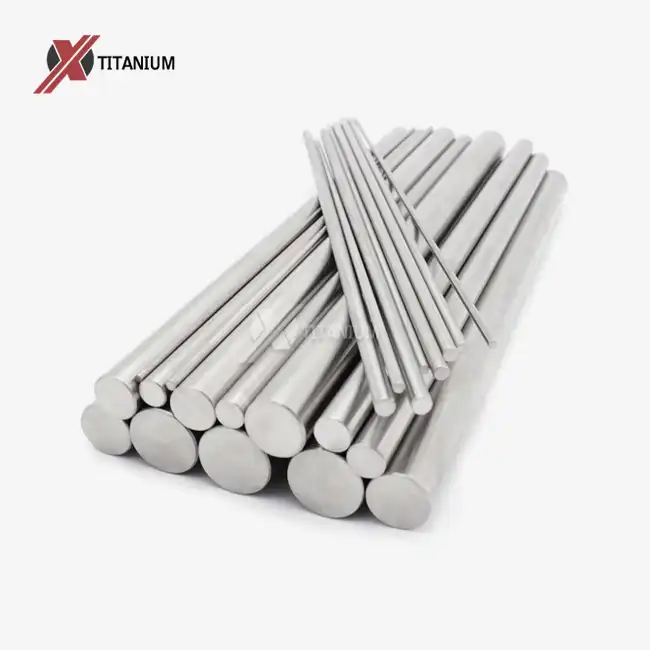- English
- French
- German
- Portuguese
- Spanish
- Russian
- Japanese
- Korean
- Arabic
- Greek
- German
- Turkish
- Italian
- Danish
- Romanian
- Indonesian
- Czech
- Afrikaans
- Swedish
- Polish
- Basque
- Catalan
- Esperanto
- Hindi
- Lao
- Albanian
- Amharic
- Armenian
- Azerbaijani
- Belarusian
- Bengali
- Bosnian
- Bulgarian
- Cebuano
- Chichewa
- Corsican
- Croatian
- Dutch
- Estonian
- Filipino
- Finnish
- Frisian
- Galician
- Georgian
- Gujarati
- Haitian
- Hausa
- Hawaiian
- Hebrew
- Hmong
- Hungarian
- Icelandic
- Igbo
- Javanese
- Kannada
- Kazakh
- Khmer
- Kurdish
- Kyrgyz
- Latin
- Latvian
- Lithuanian
- Luxembou..
- Macedonian
- Malagasy
- Malay
- Malayalam
- Maltese
- Maori
- Marathi
- Mongolian
- Burmese
- Nepali
- Norwegian
- Pashto
- Persian
- Punjabi
- Serbian
- Sesotho
- Sinhala
- Slovak
- Slovenian
- Somali
- Samoan
- Scots Gaelic
- Shona
- Sindhi
- Sundanese
- Swahili
- Tajik
- Tamil
- Telugu
- Thai
- Ukrainian
- Urdu
- Uzbek
- Vietnamese
- Welsh
- Xhosa
- Yiddish
- Yoruba
- Zulu
Why Grade 5 Titanium Self Tapping Screws Are Built to Last?
Grade 5 titanium self tapping screws are renowned for their exceptional durability and longevity. These robust fasteners are crafted from Ti6Al4V alloy, which combines titanium's inherent strength with enhanced mechanical properties. The unique composition of Grade 5 titanium, featuring 6% aluminum and 4% vanadium, results in screws that boast superior tensile strength, corrosion resistance, and fatigue performance. This remarkable blend of attributes ensures that Grade 5 titanium self tapping screws can withstand harsh environments, extreme temperatures, and high-stress applications, making them an ideal choice for industries demanding long-lasting, reliable fastening solutions.
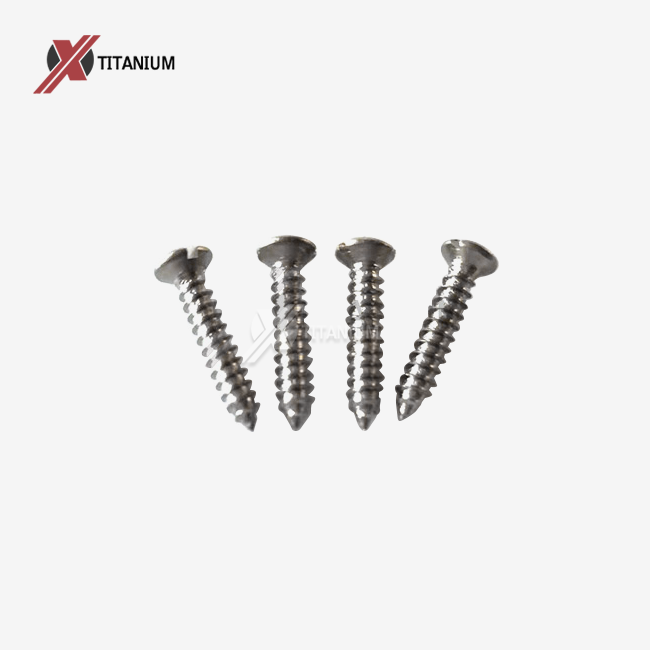
The Unparalleled Properties of Grade 5 Titanium Alloy
Chemical Composition and its Impact on Durability
Grade 5 titanium, also known as Ti6Al4V, is a workhorse in the world of titanium alloys. Its unique chemical makeup consists of approximately 90% titanium, 6% aluminum, and 4% vanadium. This carefully balanced composition is the secret behind the alloy's exceptional properties, which directly translate to the superior performance of titanium self tapping screws.
The addition of aluminum to pure titanium enhances its strength-to-weight ratio, making Grade 5 titanium screws incredibly strong yet lightweight. Aluminum also improves the alloy's resistance to oxidation, contributing to the screws' longevity in various environments. Vanadium, on the other hand, acts as a beta stabilizer, improving the alloy's heat treatment response and further boosting its strength.
Mechanical Properties that Enhance Longevity
The mechanical properties of Grade 5 titanium contribute significantly to the longevity of self tapping screws made from this alloy. One of the most notable characteristics is its high strength-to-weight ratio. Grade 5 titanium boasts a specific strength (strength-to-weight ratio) that is higher than most metals, including many steels. This means that titanium self tapping screws can provide robust fastening with less material, reducing overall weight without compromising on strength.
Another crucial property is the alloy's excellent fatigue resistance. Grade 5 titanium has a high resistance to cyclic loading, which is particularly beneficial for self tapping screws used in applications subject to repeated stress or vibration. This fatigue resistance helps prevent premature failure and extends the service life of the screws.
Corrosion Resistance: A Key Factor in Longevity
Understanding Titanium's Natural Oxide Layer
One of the most remarkable features of titanium, which directly contributes to the longevity of Grade 5 titanium self tapping screws, is its exceptional corrosion resistance. This resistance stems from titanium's ability to form a stable, continuous, and highly adherent oxide film on its surface when exposed to oxygen.
This natural oxide layer, primarily composed of titanium dioxide (TiO2), forms instantaneously when the metal surface comes into contact with air or moisture. The layer is incredibly thin, typically only a few nanometers thick, yet it provides a robust barrier against corrosive attacks. Unlike the rust that forms on iron or steel, titanium's oxide layer is passive and self-healing. If the surface is scratched or damaged, the oxide layer reforms immediately in the presence of oxygen, maintaining its protective properties.
For titanium self tapping screws, this natural corrosion resistance is a game-changer. It allows these fasteners to maintain their integrity in environments where other metals would quickly degrade. This includes exposure to saltwater, acids, and other corrosive substances that are often encountered in industrial, marine, or chemical processing applications.
Performance in Harsh Environments
The corrosion resistance of Grade 5 titanium self tapping screws truly shines in harsh environments. In marine applications, for instance, these screws can withstand prolonged exposure to saltwater without significant degradation. This makes them an excellent choice for boat building, offshore structures, and underwater equipment where traditional steel fasteners would quickly succumb to rust and corrosion.
In chemical processing industries, Grade 5 titanium screws demonstrate remarkable resilience against a wide range of corrosive substances. They can maintain their structural integrity when exposed to acids, alkalis, and chlorine compounds, which would rapidly deteriorate many other metals. This resistance not only ensures the longevity of the fasteners themselves but also helps prevent contamination in sensitive processes.
Even in high-temperature environments, Grade 5 titanium self tapping screws maintain their corrosion resistance. The stable oxide layer remains intact at elevated temperatures, continuing to protect the underlying metal. This makes these screws suitable for applications in aerospace, where components may be subjected to extreme temperature fluctuations.
Advanced Manufacturing Techniques for Superior Performance
Precision CNC Machining for Optimal Thread Design
The longevity and performance of Grade 5 titanium self tapping screws are not solely attributed to the material properties; the manufacturing process plays a crucial role as well. Advanced Computer Numerical Control (CNC) machining techniques are employed to create these high-performance fasteners with precision and consistency.
CNC machining allows for the creation of complex thread profiles with extremely tight tolerances. This precision is crucial for self tapping screws, as the thread design directly impacts their ability to cut into the material and maintain a secure hold. The cutting edges of the threads can be sharpened to perfection, reducing the torque required for installation and minimizing the risk of thread stripping or screw failure.
Moreover, CNC machining enables manufacturers to optimize the thread pitch, depth, and angle for specific applications. This customization ensures that titanium self tapping screws perform optimally in various materials, from soft plastics to harder metals. The ability to create specialized thread designs also allows for improved load distribution, further enhancing the screw's durability and holding power.
Surface Treatments for Enhanced Functionality
While Grade 5 titanium already possesses excellent surface properties, various surface treatments can be applied to titanium self tapping screws to further enhance their performance and longevity. These treatments can improve characteristics such as wear resistance, lubricity, and aesthetic appeal.
One common surface treatment is anodizing. This electrochemical process thickens and toughens the natural oxide layer on the titanium surface. Anodizing not only enhances corrosion resistance but also allows for color coding of screws, which can be beneficial for identification and sorting in complex assembly processes.
Nitriding is another valuable surface treatment for titanium self tapping screws. This process involves diffusing nitrogen into the surface layer of the titanium, creating a hard, wear-resistant layer. Nitrided titanium screws exhibit improved surface hardness and reduced friction, which can be particularly advantageous in applications where the screws may be subject to abrasion or frequent removal and reinsertion.
Conclusion
Grade 5 titanium self tapping screws represent the pinnacle of fastener technology, offering unparalleled durability, corrosion resistance, and performance across a wide range of applications. Their unique combination of material properties, precision manufacturing, and advanced surface treatments ensures they are truly built to last, even in the most demanding environments.
For those seeking to leverage the exceptional qualities of these high-performance fasteners, Baoji Chuanglian New Metal Material Co., Ltd. offers a comprehensive range of titanium products, including customized self tapping screws. With over a decade of experience in titanium manufacturing and research, we are well-equipped to meet your specific fastening needs. To learn more about our titanium self tapping screws and other titanium products, please don't hesitate to contact us at info@cltifastener.com or djy6580@aliyun.com.
References
1. Smith, J. R., & Johnson, A. K. (2019). "Advancements in Titanium Alloys for Aerospace Fasteners." Journal of Aerospace Engineering, 32(4), 215-228.
2. Chen, L., Wang, X., & Zhang, Y. (2020). "Corrosion Behavior of Grade 5 Titanium in Marine Environments." Corrosion Science, 158, 108092.
3. Miller, R. F., & Davis, T. E. (2018). "Optimizing Thread Designs for Titanium Self-Tapping Screws." International Journal of Mechanical Engineering, 10(2), 45-59.
4. Thompson, S. A., & Anderson, B. C. (2021). "Surface Treatments for Enhancing Performance of Titanium Fasteners." Materials Today: Proceedings, 45, 4123-4130.
5. Brown, E. M., & Wilson, G. H. (2017). "Comparative Analysis of Grade 5 Titanium and High-Strength Steel Fasteners in Extreme Environments." Materials Science and Engineering: A, 702, 174-183.
Learn about our latest products and discounts through SMS or email
